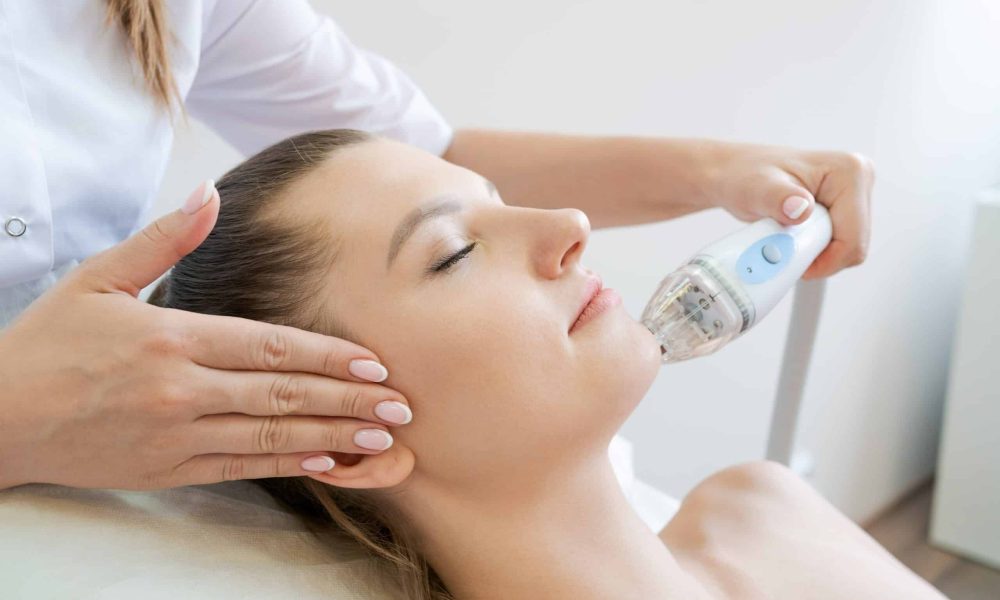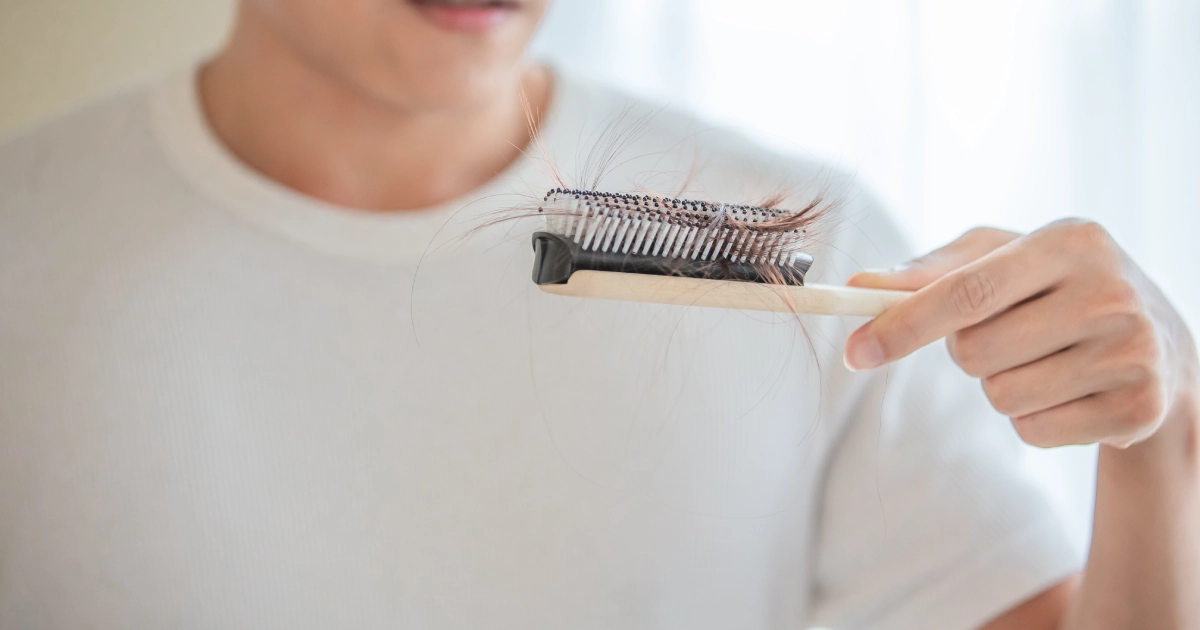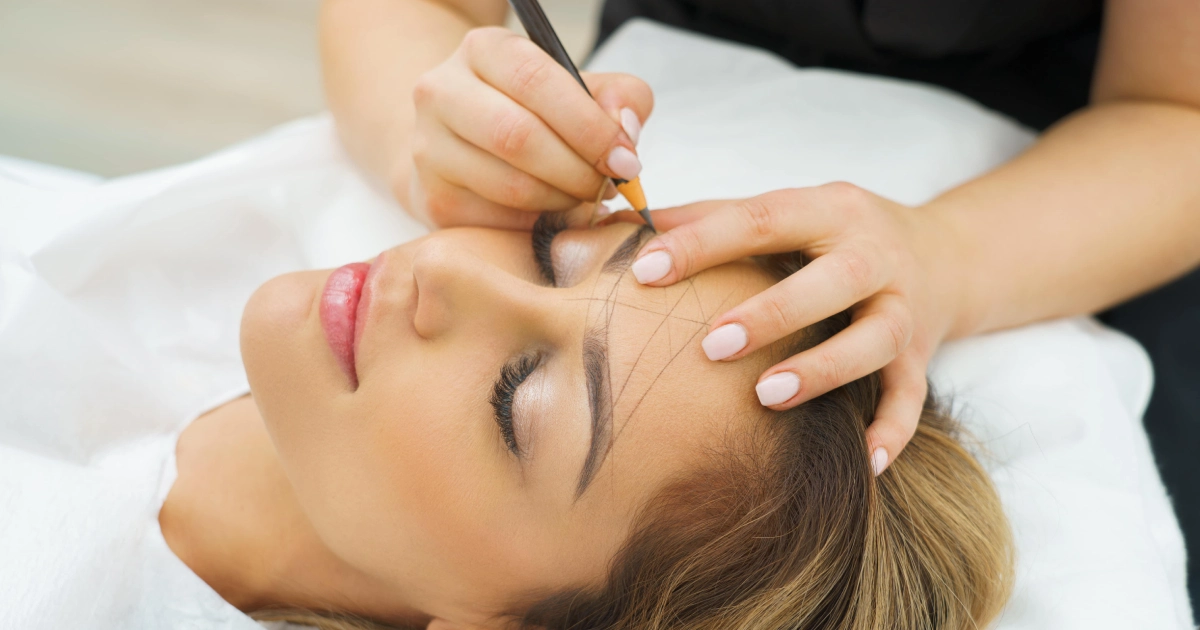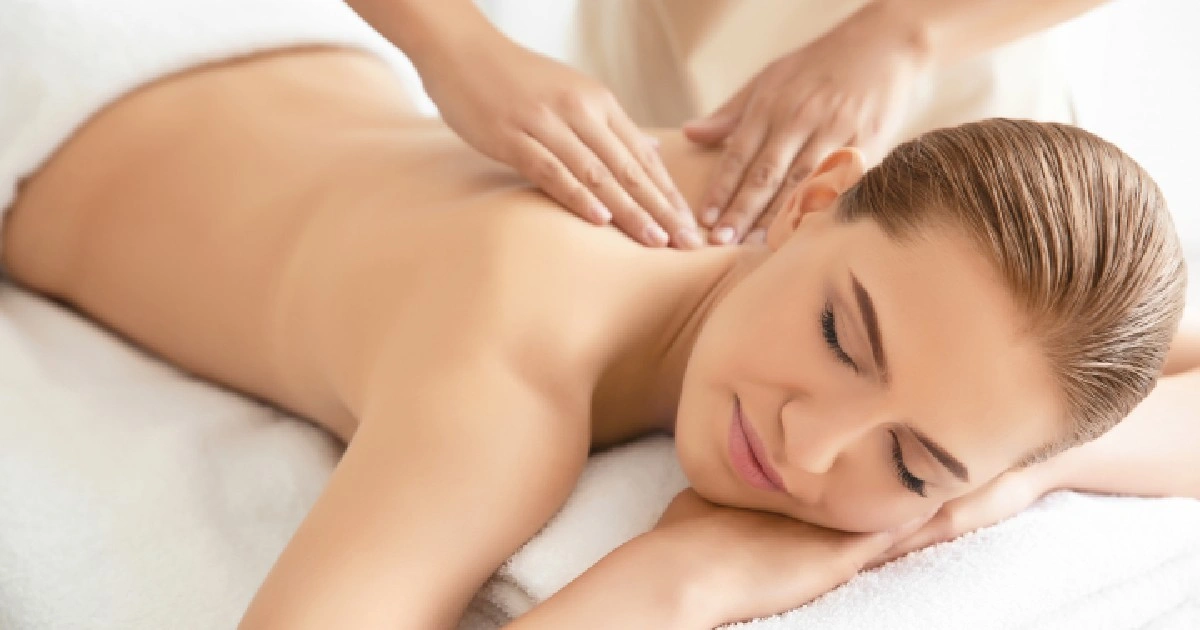Peeling agents? Dermabrasion? Resurfacing using a laser? What’s the first thing you should try if you want to get rid of the acne scars on your face? Laser resurfacing has been proposed as a potential new treatment for acne scars; however, patients require more data before making a decision.
Acne marks can be treated with a laser to reduce their visibility. Residual scarring from acne affects 95% of persons who have had acne at some point. Acne marks can be treated with a laser, which targets the skin’s upper layers with light to dissolve scar tissue. The treatment simultaneously promotes the development of new, healthy skin cells to replace scar tissue.
This treatment may not eliminate acne scars, but it can lessen their visibility and the discomfort they cause.
Why Acne Marks Occur
Scarring occurs when the body tries to heal itself after acne lesions have damaged the skin and its underlying tissues. Pustules, papules, and cysts are all inflammatory lesions that can form during an acne outbreak. A pimple will form if a pore or follicle becomes clogged with bacteria, oil, or dead skin cells.
The wall of a pore or follicle might become ruptured when it swells. Minor cuts close to the skin’s surface can heal rapidly, but more extensive, deeper cuts can allow contaminated material to spread and destroy good skin tissue.
If your acne is inflammatory, your skin may scar more quickly when it recovers from breakouts. Redness, swelling, and discomfort are common symptoms of inflammatory acne, which also frequently manifests in nodules and cysts. Left untreated, it can cause much more harm to the skin because it often affects deeper layers. For this reason, it’s crucial to get treatment for inflammatory acne as soon as possible, as the longer it goes untreated, the higher the danger of permanent scarring.
Acne scarring is primarily influenced by genetics. Acne scars are more likely to occur if the person has a close blood relative who has experienced this problem.
Some of your acne scars may lighten with time, but unfortunately, most scars are immune to lotions and potions. Acne scars are no longer an insurmountable obstacle, which is excellent news. Acne scars can be reduced or eliminated with the help of cutting-edge laser skin resurfacing techniques. Learn more about laser skin resurfacing and its benefits by reading on.
Laser Resurfacing To Fix Acne Marks
Newer technology in laser resurfacing allows your doctor greater control, leading to more precise results. It removes damaged skin in incremental layers by putting short, concentrated beams of pulsating light into problem regions. Some of the drawbacks of laser acne scar treatment can be avoided with resurfacing because the laser only affects the affected areas. The healing process commences when the injured skin is removed, and the new skin that emerges is more supple.
Acne scars can be treated with lasers in two distinct ways.
The outermost layer of skin surrounding a scar is first removed using laser heat. Your scar will fade, and your skin will feel smoother as the top layer gradually peels off.
Heat and light from the laser not only disintegrate scar tissue but also stimulate the growth of new, healthy skin cells. The laser’s heat opens up blood vessels in the scar, healing blood and reducing inflammation.
Taken together, these factors reduce the prominence and redness of scars, giving the impression that they are less severe. It aids in the recovery of damaged skin as well.
What Laser Treatments We Use
In our clinic, we treat patients with the Lutronic LaseMD Ultra laser. If you’re concerned about fine lines or acne scars, we’ll use the consultation to recommend a specific laser treatment. The laser treatment we provide, the Lutronic LaseMD Ultra, can be adjusted to your particular needs. The laser’s light pulses are too short of causing damage to the epidermis, the skin’s outermost layer.
Wrinkles, blemishes, acne scars, and overactive oil glands can all look better after being removed with laser skin resurfacing. To help patients attain their desired appearance, we have successfully conducted several surgeries, often using cutting-edge technology. The nonablative fractionated treatments provided by the Lutronic LaseMD Ultra laser revitalize the epidermis utilizing pinpointed light pulses. The dermis, the second layer of skin, is also warmed, and new collagen is generated. As a rule of thumb, once a year is adequate.
Is It Effective?
Acne scars can be reduced in visibility using laser skin resurfacing; however, this treatment does not eradicate the scars themselves. The goal of treating acne scars is to minimize their appearance rather than eliminate them. Scars can have their redness lessened and their texture improved with laser scar therapy. Skin tone and texture may be enhanced as a result.
Sometimes more than one session with the laser is required to lessen the scar’s visibility significantly. Doctors may recommend multiple laser treatments to improve the appearance of scars, or other treatments may be combined with laser therapy.
How You Can Maximize Results
Your doctor may advise or prescribe an antiviral drug to combat the bacterial infections that laser skin resurfacing operations can bring about. It is recommended that antiviral medicine be used before laser scar removal treatment to lessen the likelihood of infection. To avoid infection, your doctor may prescribe an oral or topical medicine.
Depending on the area of the body being treated, doctors will likely advise patients to wear loose, comfortable clothing that is simple to put on and take off. Additionally, on the day of your surgery, ensure that your skin is clean and clear of perfumes or lotions that could interfere with the laser therapy.
Takeaway
Many people who try laser skin resurfacing end up very satisfied with the outcomes. It can make you feel better about yourself by promoting the formation of healthy skin cells and diminishing the look of acne scars. After a thorough evaluation, Evolution Health & Wellness experts will recommend the most effective skin care services. Get in touch with us for a consultation to see if laser skin resurfacing is a good fit.




